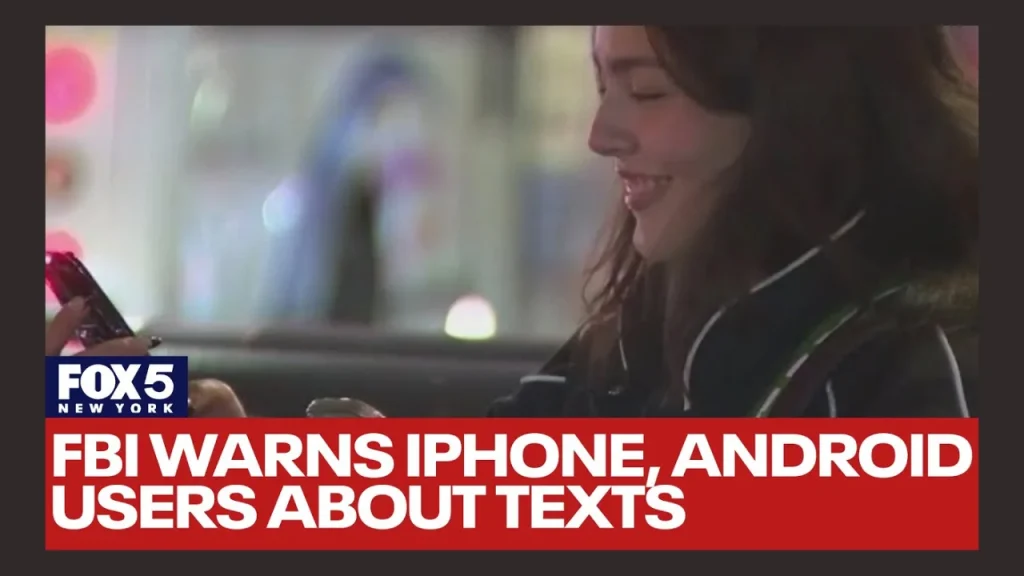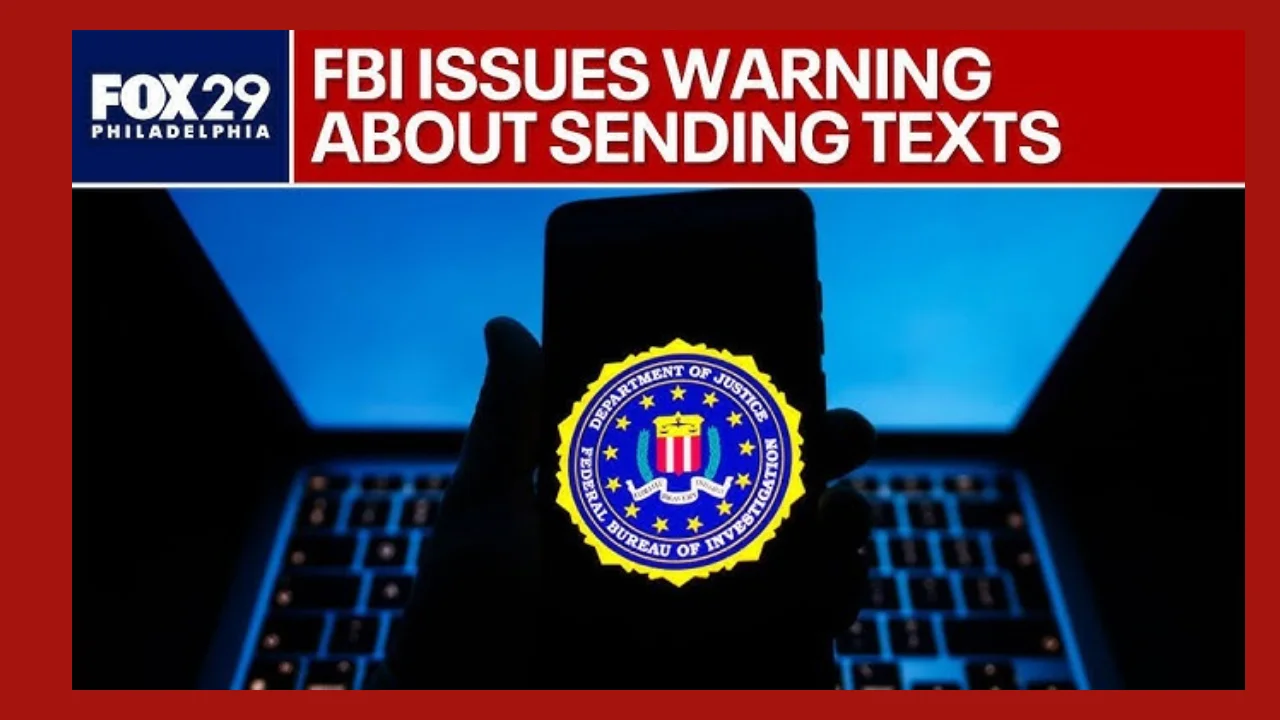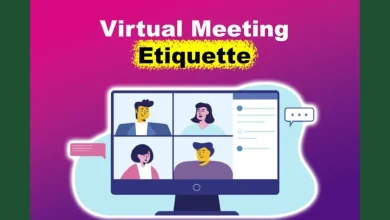In recent years, digital communication has become the backbone of modern life. While text messaging makes it easy to stay connected, it also opens the door for new threats. The phrase “fbi warns iphone android text messages” has gained attention, and for good reason. The FBI has issued alerts to users of both iPhone and Android devices about scams, phishing attempts, and data theft carried out through simple text messages.
ALSO READ: Ballerina Cappuccina Meaning, Lifestyle, And Modern Aesthetic
Why the FBI Issued This Warning
The rise of smartphone use has created a perfect environment for cybercriminals. According to the FBI, criminals are increasingly using SMS and messaging apps to target individuals. The warning specifically highlights how both iPhone and Android users are vulnerable.
When the FBI says “fbi warns iphone android text messages”, they are addressing a growing number of cases where people have been tricked into clicking malicious links, sharing personal data, or installing harmful apps. The scams are so realistic that even tech-savvy users can fall victim.
ALSO READ: Murray Hone Biography A Private Life Once in the Public Eye
FBI Warns iPhone Android Text Messages Common Scams

The FBI has outlined several common scams that target iPhone and Android users:
Fake Package Delivery Notices
Scammers send text messages pretending to be from delivery companies. They provide a tracking link that leads to malware.
Bank and Payment Alerts
Messages claim there’s suspicious activity on your bank account or payment service. Victims are directed to click a link to “secure” their account.
Tech Support and Security Warnings
Some messages claim your iPhone or Android device is compromised and direct you to call a fake support number.
Lottery and Prize Scams
Victims receive texts saying they’ve won a prize. To claim it, they must provide personal information or pay a “processing fee.”
Each of these scams is part of the wider issue highlighted in the “fbi warns iphone android text messages” alert.
How iPhone and Android Users Are Targeted
Although iPhone and Android devices have strong built-in security, the weak point is usually the human behind the screen. Criminals exploit trust by disguising themselves as legitimate companies, friends, or even government agencies.
- iPhone Users may be targeted through iMessage and Safari links.
- Android Users are often targeted through SMS and Google Play malware.
The FBI stresses that the “fbi warns iphone android text messages” issue is not about flaws in the devices, but rather the way criminals manipulate users.
Social Engineering and Human Behavior
One key reason these scams work is social engineering. Attackers know that most people are busy, distracted, or worried when they see urgent messages. By creating fear or curiosity, they push users to act quickly without thinking.
For example, if you receive a message saying your account has been locked, your first instinct is to click the link. This psychological trick is the foundation of why the “fbi warns iphone android text messages” problem is so dangerous.
FBI’s Advice to the Public
The FBI has released several tips for staying safe:
- Do not click links in unsolicited messages.
- Verify the sender. If a company texts you, call their official number instead of replying.
- Report suspicious texts. The FBI urges users to report scams to the Internet Crime Complaint Center (IC3).
- Update devices regularly. Security patches on iPhone and Android reduce risks.
These steps are crucial in avoiding becoming another statistic under the “fbi warns iphone android text messages” category.
Real-Life Cases Highlighting the Threat
Several cases have shown just how serious the issue is:
- A group of scammers in 2023 tricked thousands of smartphone users into giving away banking details through fake text messages.
- In another incident, malware disguised as a delivery update was downloaded onto Android phones, stealing passwords and photos.
These examples prove the urgency of the “fbi warns iphone android text messages” advisory.
The Role of Mobile Carriers
Mobile carriers also play a role in fighting these scams. Some carriers have started filtering suspicious texts before they reach your phone. However, no system is perfect. Criminals constantly change their methods, which means users still need to stay alert.
The FBI has stressed that while carriers can help, the responsibility ultimately falls on the user. This is why the phrase “fbi warns iphone android text messages” is repeated in official communications—to remind the public of the risk.
How to Recognize a Suspicious Message
You can protect yourself by learning to spot red flags:
- Generic Greetings – Scammers often use “Dear Customer” instead of your name.
- Urgency – Messages that demand immediate action are often fake.
- Suspicious Links – Shortened URLs or links with strange spellings are a major warning sign.
- Requests for Personal Data – No legitimate company will ask for Social Security numbers or full banking details over text.
By keeping these in mind, you can guard against the dangers outlined in the “fbi warns iphone android text messages” report.
Protecting Your Personal Information
If you accidentally click a suspicious link, don’t panic—but take action immediately:
- Disconnect your device from the internet.
- Run a full security scan using trusted antivirus software.
- Change your passwords, starting with email and banking accounts.
- Report the incident to the FBI’s IC3.
Following these steps helps reduce the damage caused by the “fbi warns iphone android text messages” scams.
Role of Technology Companies
Apple and Google have been working to reduce risks on their platforms. Apple uses advanced spam filtering in iMessage, while Google integrates security into its Messages app. Still, scammers adapt quickly, which is why FBI warnings remain necessary.
The “fbi warns iphone android text messages” advisory highlights that cooperation between tech companies, carriers, and law enforcement is vital for user safety.
Future of Text Message Security
Experts believe that future security measures will rely more on artificial intelligence. AI-based filters can better recognize scam patterns, making it harder for criminals to reach users. Still, education remains the most effective tool.
As long as people remain unaware of the risks, the “fbi warns iphone android text messages” problem will continue.
What This Means for Everyday Users
For the average person, the FBI’s warning is a reminder to slow down, think, and verify. No matter how busy you are, taking a moment to double-check a message can save you from identity theft or financial loss.
The “fbi warns iphone android text messages” alert is not meant to scare users but to encourage safe digital habits.
Frequently Asked Questions
Why did the FBI issue a warning about iPhone and Android text messages?
The FBI issued the alert because scammers are increasingly using text messages to trick people into sharing personal data, installing malware, or clicking malicious links. Both iPhone and Android users are vulnerable.
How can I tell if a text message is a scam?
Watch out for urgent language, suspicious links, generic greetings, or requests for personal information. If in doubt, do not click and verify the sender directly through official channels.
What should I do if I clicked a malicious link?
Immediately disconnect your device from the internet, run a trusted antivirus scan, change your passwords, and report the scam to the FBI’s Internet Crime Complaint Center (IC3).
Conclusion
The FBI has made it clear: text message scams are a growing threat to both iPhone and Android users. Whether it’s fake delivery notices, bank alerts, or prize scams, criminals are using SMS and messaging apps to target millions of people.
The repeated phrase “fbi warns iphone android text messages” emphasizes the seriousness of this issue. Protecting yourself means staying alert, learning how to recognize suspicious texts, and reporting incidents to the proper authorities.
In a world where smartphones are essential, taking these warnings seriously is the best defense. By following the FBI’s advice and being cautious with your messages, you can enjoy the benefits of technology without falling victim to digital scams.




